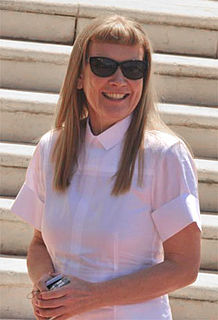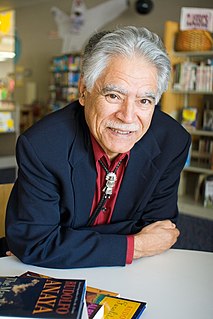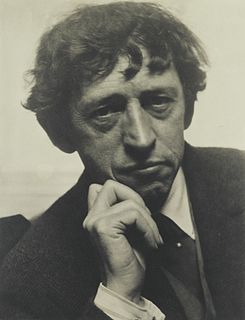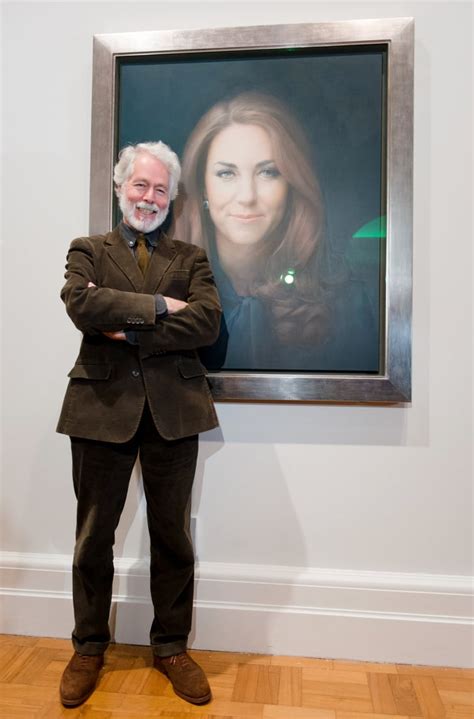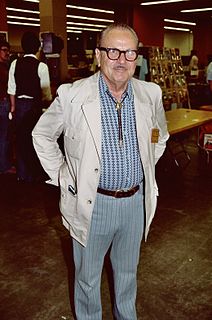A Quote by Charles Wright
All forms of landscape are autobiographical.
Quote Topics
Related Quotes
The pleasure a man gets from a landscape would [not] last long if he were convinced a priori that the forms and colors he sees are just forms and colors, that all structures in which they play a role are purely subjective and have no relation whatsoever to any meaningful order or totality, that they simply and necessarily express nothing....No walk through the landscape is necessary any longer; and thus the very concept of landscape as experienced by a pedestrian becomes meaningless and arbitrary. Landscape deteriorates altogether into landscaping.
As a thinker I keep discovering that beauty itself is as much a fact, and a mystery...I consider nature's facts -- its beautiful and grotesque forms and events -- in terms of the import to thought and their impetus to the spirit. In nature I find grace tangled in a rapture with violence; I find an intricate landscape whose forms are fringed in death; I find mystery, newness, and a kind of exuberant, spendthrift energy.




